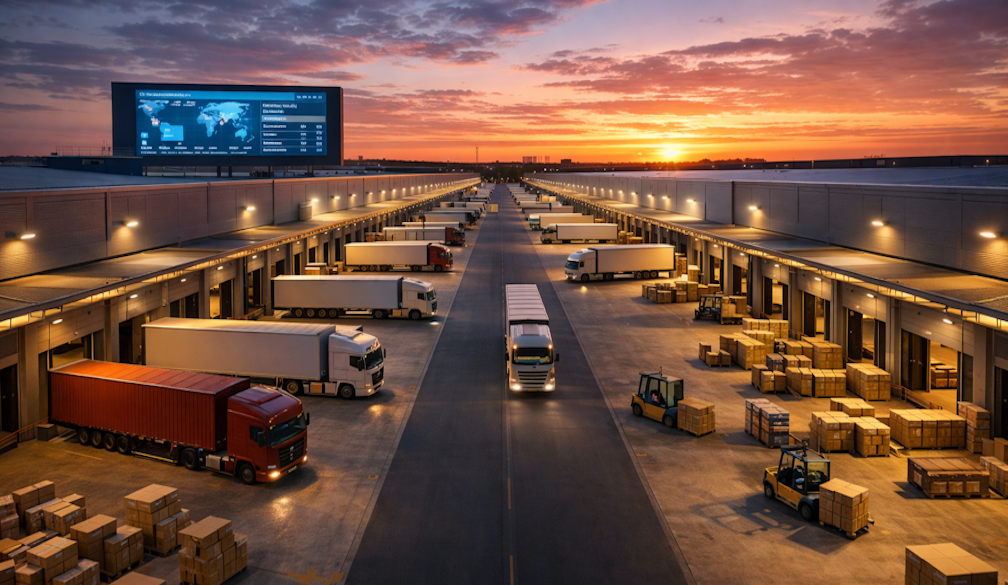Work from Home in Rural Areas: Challenges and Solutions
- Written by NewsServices.com

Living off the land is quite difficult in the 21st century, which is why more and more young people are migrating to big cities. However, with the increase in the trend of remote work, some of these trends might just be reversed.
When you’re working remotely, it doesn’t make a difference whether you’re in the office or on a sunny beach. So, why not use this to your advantage? Move to a more peaceful and secluded setting, be surrounded by nature, and buy a vast property for the cost of a tiny urban apartment.
Now, to avoid idealizing this rural migration, we must approach this matter critically. To do this, we would have to acknowledge that some challenges come from being too far from an urban environment. So, here are some of the challenges that you may face, as well as solutions worth considering.
Hardware Challenges and Growth of Local Economy
While the first thing that everyone thinks of (when it comes to working from a rural area) is the connection to the internet, the truth is that hardware problems may be as significant. Let’s say that a simple complication occurs, like your laptop malfunctioning or your keyboard dying all of a sudden. How would you deal with this issue?
In the urban environment, finding someone to fix an issue can be a matter of hours. In rural environments, you might have to look further away. Even if you had the right service in a nearby town, the fact that travel distances are greater means that the issue is harder to resolve.
The same goes for the available IT hardware in local stores. Sure, you can order everything online, but when time is of the essence, you want these items to be available in stock.
Keep in mind, nonetheless, that as more and more remote workers move to rural environments, you’ll see exponential growth in these areas. The problem is merely there temporarily, especially for those who are firstcomers.
The Internet Quality and Speed
One of the things you’ll have to deal with is the quality and speed of the internet. Now, there are not many limiting factors to working remotely from a rural area. However, this is one of them.
Now, there’s a bit of a contradiction here. On the one hand, fast internet requires great infrastructure. In theory, the infrastructure is the strongest in the major urban areas. However, this is quickly catching up. In rural Wisconsin, for instance, more and more farmers rely on the internet for information, communication, and even integrating their machinery with tech systems. This is why the best internet in Wisconsin is often available in rural areas, as well.
The exception to this rule is remote locations (woodland cabins, etc.). Since here, there’s no infrastructure of this kind, you would have to use a more self-reliant system. The satellite internet is the first thing that comes to mind here.
Lastly, signal amplifiers are a decent temporary solution. However, when working remotely, you need something more reliable. If you have an option, always go with fiber internet. If not, satellite might be your best bet.
Scheduling Your Day
When living in a rural environment, in general, you’ll have more time on your hands. Now, this sounds great, however, it may also lead to more procrastination. So, you need to find a way to be more disciplined.
Make sure that you remind yourself why it is that you went there in the first place. It’s both about lifestyle and productivity. In a rural environment, there are fewer distractions, or at least they’re easier to control. At the same time, there are numerous, far healthier alternatives to how you spend your free time. Make sure that you take advantage of the situation that you’re in. For all of this to work, you’ll have to become better at scheduling your day.
Lastly, moving to a remote environment sometimes also means changing a time zone. Keep in mind that this probably won’t be as prominent. However, if you’re moving from coast to coast, things might get pretty wild.
Self-Reliance
When it comes to the flexibility of work, it’s balanced out by your ability to be self-reliant. Also, the term “rural environment” is pretty broad. Working from a remote farmstead and working from a small apartment in a rural town is not the same. The first will require you to take steps that will make your work more resilient.
For instance, you need to have power at all times. So, while you may be connected to the grid, investing in solar panels and your gender might be an even better idea. Is this expensive? Sure! However, keep in mind that you’re saving an insane amount of money on cheaper rent. This resource surplus can be redirected.
Next, you need to ensure that you have an internet connection at all times. So, either go with satellite internet or do a tremendous amount of research on your internet provider. A mobile data plan is also a handy contingency solution. Sure, you may not be able to work this way, but you’ll be able to notify your supervisors or clients that you have temporary issues.
As we’ve mentioned, if you have a hardware issue, chances are that you won’t be able to resolve them on the same day. So, either learn how to fix stuff on your own or stock up. For someone working from home, it’s only sensible to have a spare device. A desktop computer is a great go-to device but having a laptop and a tablet, as well. Are even greater. Another hack you can use is to emulate some tactics befitting a digital nomad, at least in moments of emergency.
Wrap Up
In the end, working from home in rural areas can be quite difficult. However, the most rewarding things always are. Fortunately, every challenge has a fairly simple solution. Moreover, as this trend picks up the pace, these rural areas will become fitter and fitter for remote work. This means that it won’t take long until there’s no difference between urban and rural areas when it comes to the infrastructure required for remote work.







